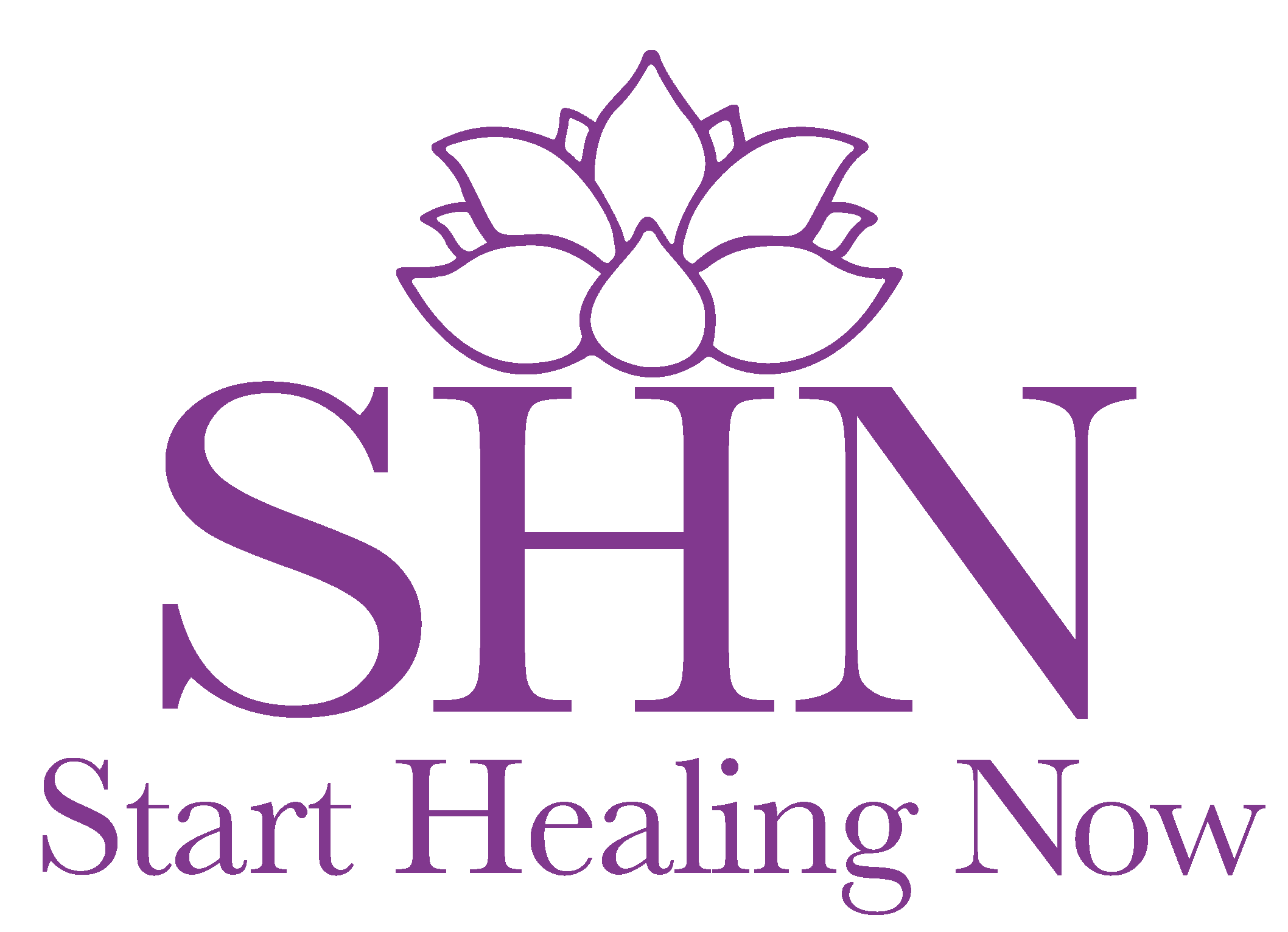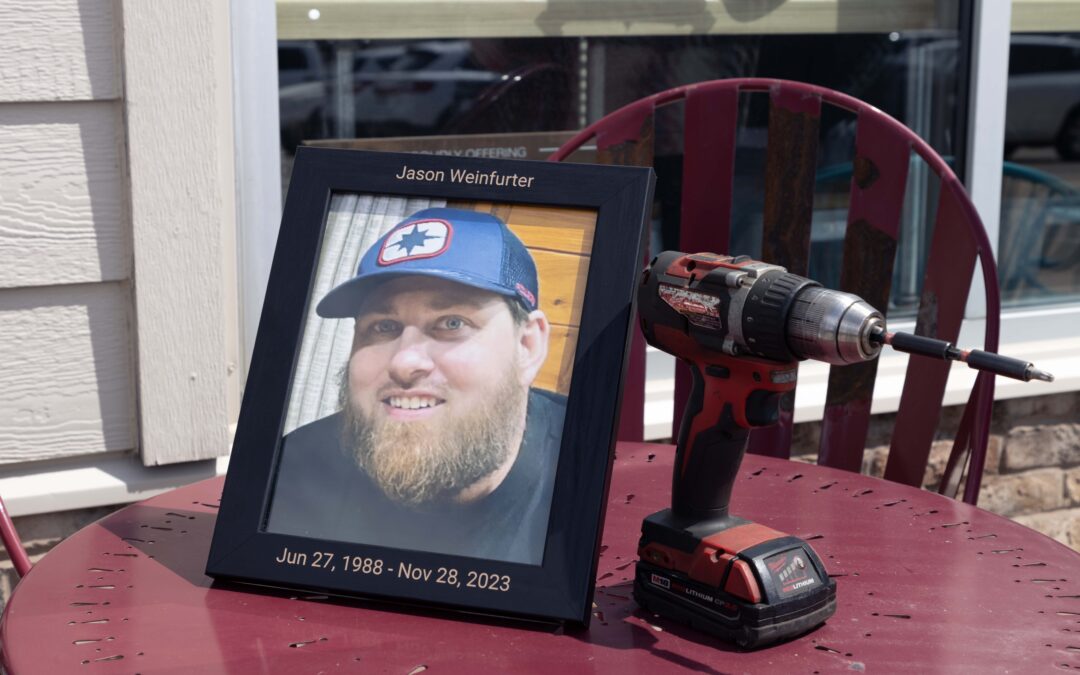New OAK Installation: Hartford, WI
We’re honored to announce the latest OAK installation at Lotus Be Well (47 N Main St., Hartford, WI)—a space dedicated to health, beauty, vitality, and connection. Founded by Trish Hoehn, Lotus Be Well is a rejuvenating environment where community and wellness thrive.

This OAK was lovingly purchased by Connie and Glenn Weinfurter in memory of their son, Jason, who passed away in 2023. Their hope is that this installation will offer help, hope, and healing—and may even save a life, in honor of his.
It’s easy to think this issue—drug addiction, overdose, and poisoning—is distant. Maybe you’ve never had to worry about it. Maybe you don’t even know what fentanyl or xylazine is. There was a time we didn’t either. We didn’t know what it felt like to lose everything.
But that changed on November 28, 2023, when we found our son, Jason, unresponsive. The EMT told us words no parent should ever hear: “We’re going to terminate operations upstairs. Your son has died.”

This crisis may seem far away—until it’s not. And even if it hasn’t touched your immediate family, it affects your community. It affects all of us. There’s a neighbor, a friend, a co-worker, someone close to you silently struggling. We can no longer afford to look away.
When people think of drugs and who uses them, a very stereotypical image often comes to mind: that they are somehow people that nobody cares about, people on the streets, people who are trouble, and people who don’t matter. Our son was none of those things. He was deeply loved. He had a skilled, successful career as a mechanic and a wide circle of friends. He was loyal, funny, and compassionate. He was the guy who would drop everything to help someone stranded on the side of the road.
He lived life to the fullest. As a kid, he turned our yard into a playground—doing wheelies on his bike, jumping ramps with his RC car, and later, turbo boosting anything with an engine.
Jason’s interests were full of joy and color. He loved blasting music from his truck—so loud we could hear him coming from far down the road. He loved snowmobiling in the winter, grilling on his Traeger in the summer, and capturing moments on his GoPro with his friends, just enjoying life.
Jason especially loved the racing video company “1320” – a crew of automotive enthusiasts who video drag racing, street racing, dyno shootouts, and car shows: all things he was enthusiastic about.
But addiction doesn’t care how kind, skilled, or full of life someone is. It changes the brain. It’s not a matter of choice or willpower. And when the drugs are poisoned—with pills laced with fentanyl and xylazine—the stakes are fatal.
To the families who have lost someone: we see you and we grieve with you—for the person you love, the life they could have had, and for the version of yourself who left along with them. My family wishes every day that we could still talk to Jason, joke around with him, and hear the rumble of his stereo pulling into the driveway. His absence is a pain unlike any other.
To those who are still fighting—for yourself, or for a loved one in active addiction or recovery: your struggle matters. There is hope and things can change.
This Overdose Aid Box is in Jason’s memory. It’s a small step toward saving lives and removing stigma. It’s a way to say that every life is worth fighting for—and remembering.
Jason was more than his addiction. He was a son, a brother, an uncle, a friend, and a bright light in so many people’s lives. There isn’t a moment that goes by that he isn’t missed. Let’s keep his story alive, and let it change the way we see and support those who are still here.
Additionally, we’d like to share some myths around this topic to help people better understand:
Myth: “Addiction is a choice.”
No, addiction is not simply a choice—it is a complex, chronic disease that involves changes in the brain’s structure and function. Research from organizations like the American Medical Association (AMA) and the National Institute on Drug Abuse (NIDA) shows that addiction is influenced by a combination of genetic, environmental, and psychological factors.If you wouldn’t blame someone for a heart attack, don’t blame someone for addiction. People can make changes and there is hope, but people do not choose death; they do not choose to be controlled by a drug that changes their brain chemistry.
Myth: “Narcan shouldn’t be free because I pay a lot for my medication.”
No, that doesn’t make sense. Comparing Narcan to your medications is like saying homeless shelters shouldn’t exist because your rent is high. Narcan’s cost doesn’t drive up the price of insulin or Epipens—drug prices are set by monopolies. If you’re concerned about affordability, contact major drug manufacturers to express that.
Myth: “Narcan enables people.”
No, it enables people to live. Saying Narcan encourages drug use is like claiming that helmets or seatbelts promote reckless driving. Neither do that. They increase survival chances. Narcan is a life-saving tool, giving people a chance to recover, just like safety gear gives someone a chance to survive an accident. It’s about protecting life, not promoting harm.

